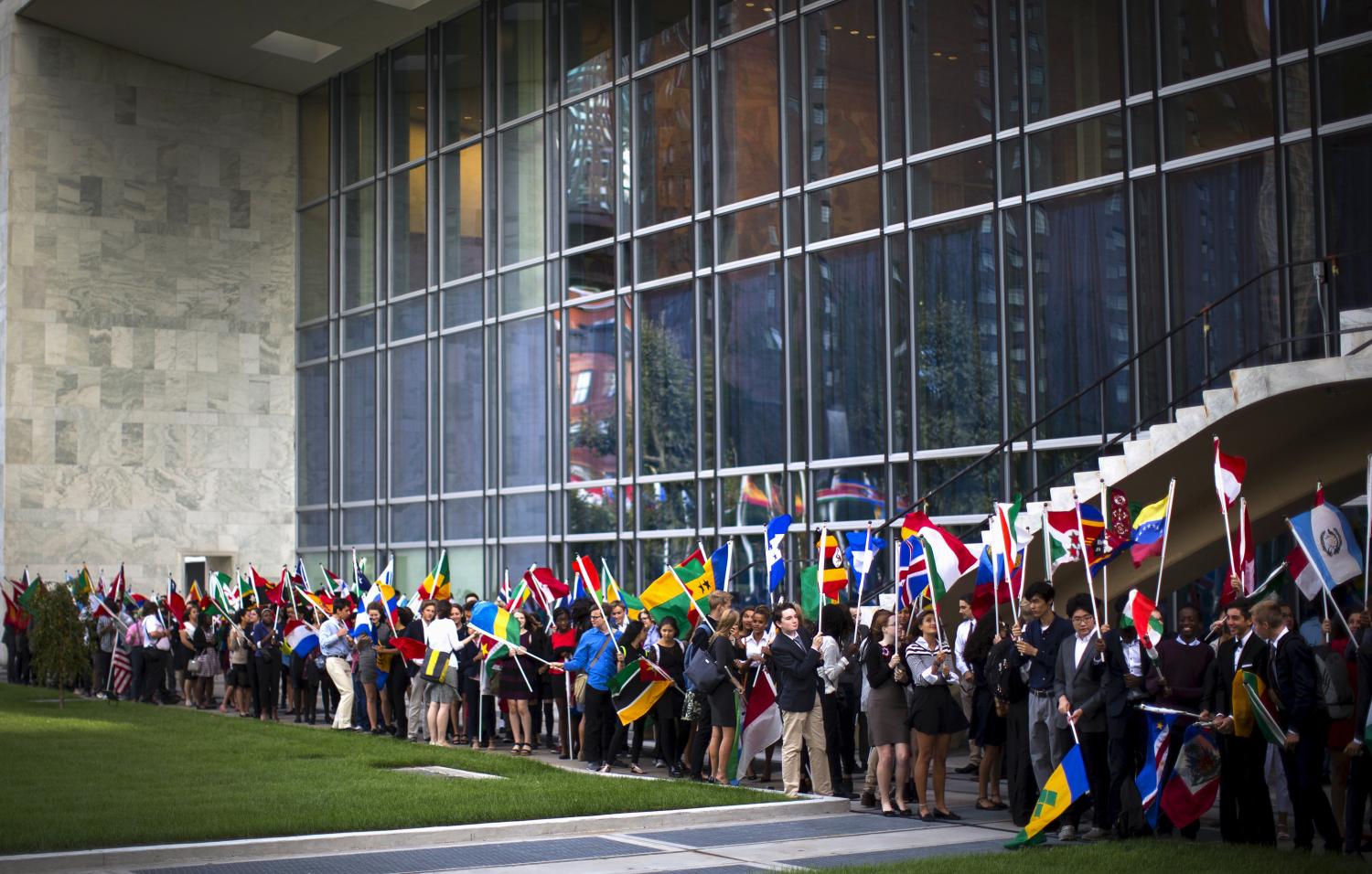INTRODUCTION—
Achieving universal education is a twofold challenge: to get children and youth into school and then to teach them something meaningful while they are there. While important progress has been made on the first challenge, there is a crisis unfolding in relation to learning. Around the world, there have been major gains in primary school enrollment partly due to the United Nations’ Millennium Development Goals and the abolition of school fees by many national governments. However in many countries, students are spending years in school without learning core competencies, such as reading and writing. To address this learning crisis, the global community and national governments need to place a much greater focus on the ultimate objective of education—to acquire knowledge and develop skills.
This shift in focus away from just enrollment to enrollment plus quality learning requires measuring learning outcomes. However, the global education community is not yet systematically using effective instruments for measuring primary school learning in low- and middle-income countries. This policy brief reviews the global efforts among the primary donors to support the measurement of learning outcomes. It then suggests steps needed to transition global education policy into a new paradigm of enrollment plus quality learning, which includes: scaling up the implementation of national education accounts and national assessment systems; increasing attention to monitoring early learning during child development to improve readiness for school; and expanding the systematic use of simple assessments of basic cognitive functions in the early grades to help teachers improve their practice.
The Brookings Institution is committed to quality, independence, and impact.
We are supported by a diverse array of funders. In line with our values and policies, each Brookings publication represents the sole views of its author(s).


